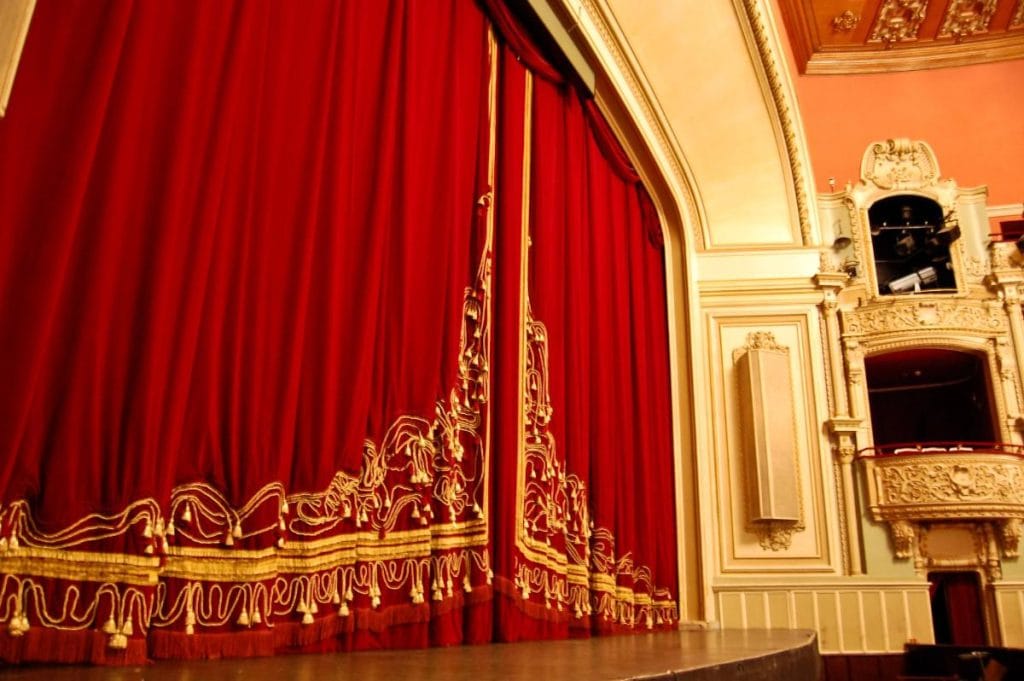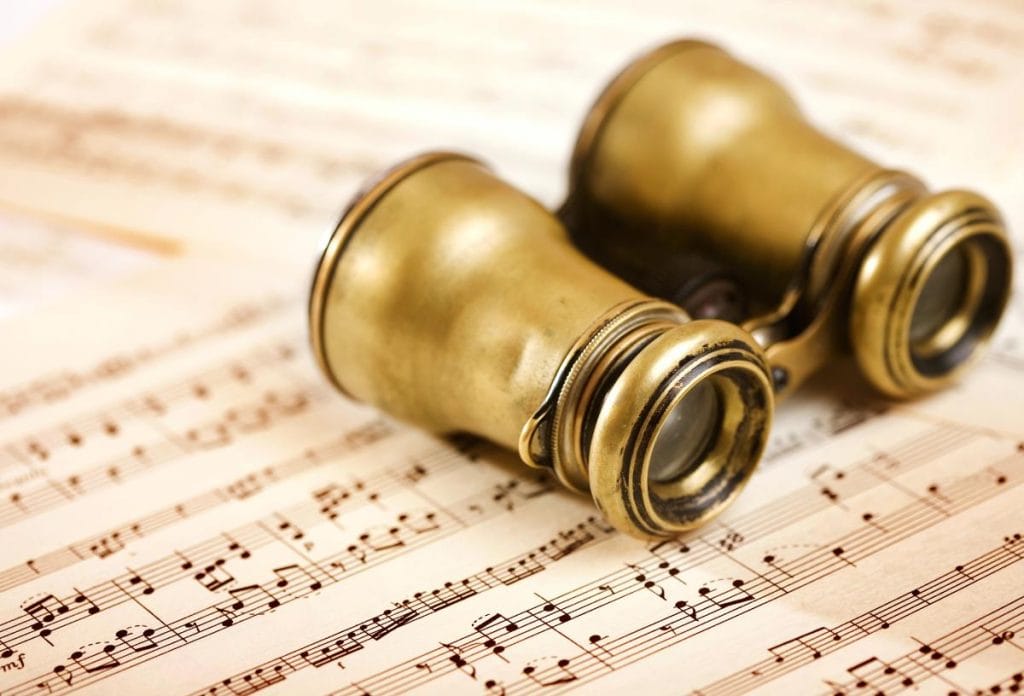Attending the opera can be an exhilarating experience, filled with grand performances, elaborate costumes, and beautiful music. However, for first-timers, the prospect of attending an opera can also be a bit intimidating. To help you feel more comfortable and make the most of your experience, here are seven essential opera etiquette tips that every newcomer should know.

Dress Appropriately
One of the first things to consider when attending an opera is what to wear. While dress codes can vary depending on the venue, it is generally best to err on the side of formality. Think of it as an opportunity to dress up; elegant evening wear is always appropriate. For men, this typically means a suit and tie, while women might opt for a cocktail dress or formal gown. The stunning Verona Opera, for instance, often sees attendees in their finest attire, adding to the sophisticated ambiance of the evening.
Arrive Early
Punctuality is crucial when attending the opera. Arriving at least 30 minutes before the performance begins will give you ample time to find your seat, read the program, and settle in. Latecomers can be a significant distraction, and many opera houses have strict policies about late seating. In some cases, if you arrive after the performance has started, you may have to wait until an appropriate break to be seated. To avoid any stress, plan your journey to the venue in advance and allow for extra time.
Silence Your Devices
In our digital age, it is easy to forget the impact that the beeping and buzzing of electronic devices can have on a live performance. Make sure to turn off or silence your phone, smartwatches, and any other devices before the opera begins. Even the smallest light or sound can be distracting to both the performers and other audience members. This is a crucial aspect of showing respect for the artistry on stage and the experience of your fellow attendees.
Follow the Lead on Applause
Applause etiquette at the opera can be a bit tricky for first-timers. Generally, it is appropriate to applaud at the end of an aria (a solo performance), the end of each act, and, of course, at the final curtain call. However, during the performance, it is best to take cues from the seasoned opera-goers around you. If you are unsure when to clap, simply wait and follow the lead of the majority. Remember, a well-timed applause can enhance the overall experience, showing appreciation for the performers’ efforts.
Be Mindful of Your Surroundings
Attending an opera is a shared experience, and being considerate of those around you is essential. This means keeping conversations to a minimum and speaking in hushed tones if you need to communicate during the performance. Additionally, be mindful of personal space and avoid unnecessary movements that might disturb other attendees. If you need to leave your seat, try to do so during intermissions or breaks to minimize disruption.

Read the Program
Opera performances are often in foreign languages, with Italian, German, and French being the most common. To fully appreciate the story being told on stage, take some time to read the program before the performance begins.
The program typically includes a synopsis of the plot, background information on the opera, and details about the performers and production. Having this context can significantly enhance your understanding and enjoyment of the performance.
Respect the Dress Circle and Boxes
If you have tickets for the dress circle or private boxes, be aware that these areas often come with additional etiquette expectations. The dress circle usually has a formal atmosphere, and it is important to remain seated and quiet throughout the performance.
In private boxes, keep your conversations low and avoid any behavior that might distract those in adjacent boxes. Being aware of and respecting these nuances will help ensure that everyone has a pleasant and memorable experience.

Attending the opera for the first time can be a magical and unforgettable experience, especially if you are well-prepared and know what to expect. By following these seven etiquette tips—dressing appropriately, arriving early, silencing your devices, following the lead on applause, being mindful of your surroundings, reading the program, and respecting the dress circle and boxes—you can enjoy the performance to its fullest and feel like a seasoned opera-goer.
Whether you are attending a local performance, an opera at a dream destination or a grand spectacle like the stunning Verona Opera, these guidelines will help you navigate the evening with confidence and grace.
